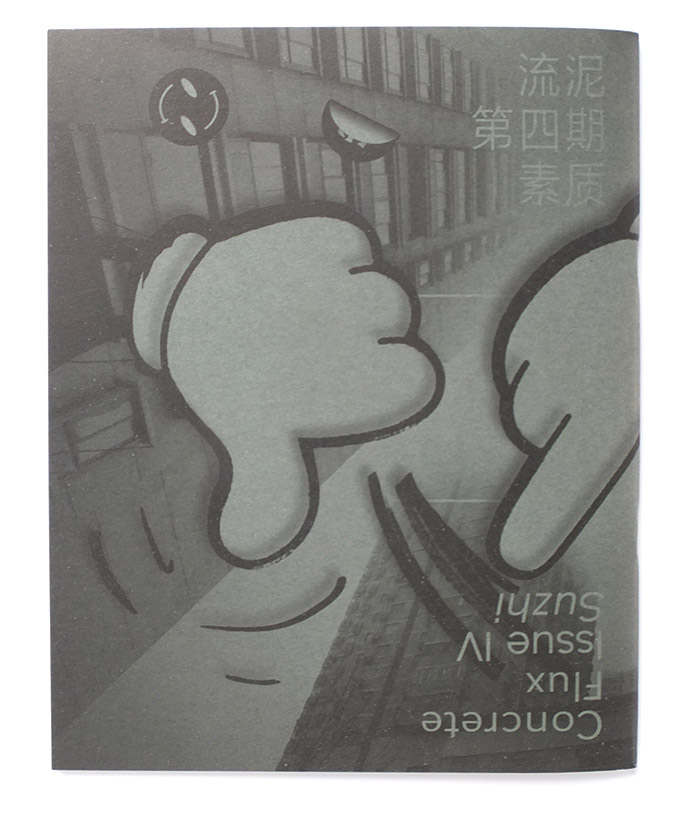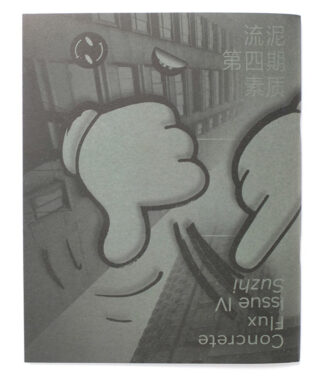Description
「素質」這個詞在中國隨處可聞,但卻沒有人能準確定義它。教授、出租車司機、國家領導人、身邊的同事都會用這個詞,我們也經常會在電視廣告里、愛國標語中、學校大門旁尋得關於」素質「的信息。表現優異的孩子有素質,堅守原則的軍人有素質,周遊各地的有錢人有素質謹慎周到的社交也是有素質。然而「素質」到底具體指什麼呢?就其基本含義,素質表示正直的品格和良好的行為;但評價一個人缺乏或者擁有素質,此中涉及了個人經歷、所受教育和文化背景等各種因素。但是 否對所有人來說「素質」都帶有這些內涵呢?城市化背景下的「素質」又有怎樣的含義?
‘Suzhi’ is a word so ubiquitous in China that no one can define it. We hear it from the mouths of our professors, cab drivers, political leaders, colleagues and we see traces of it in television ads, on patriotic banners, and school gates. Well-behaved children have suzhi. So do the principled soldiery, the traveled and moneyed, the socially circumspect. But what does suzhi actually mean? While at its most basic, suzhi signifies upstanding character and propriety; to say that someone lacks or has suzhi carries with it a whole host of connotations involving place, class, and culture. But does it carry the same connotation to everyone? And, what does suzhi mean in the context of urbanisation?
– – – – – – – – – –





Reviews
There are no reviews yet.